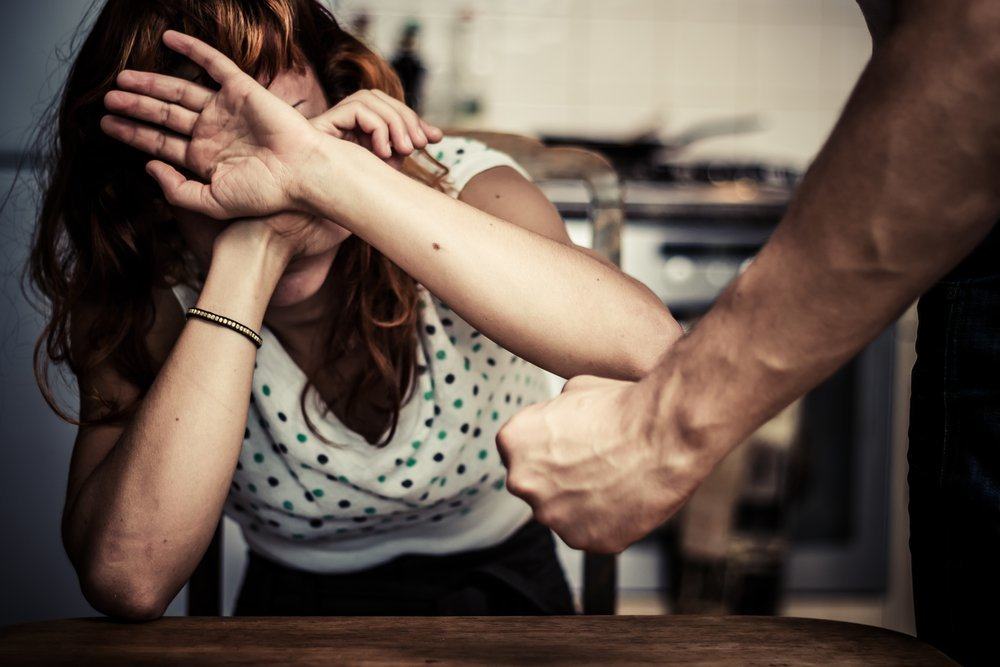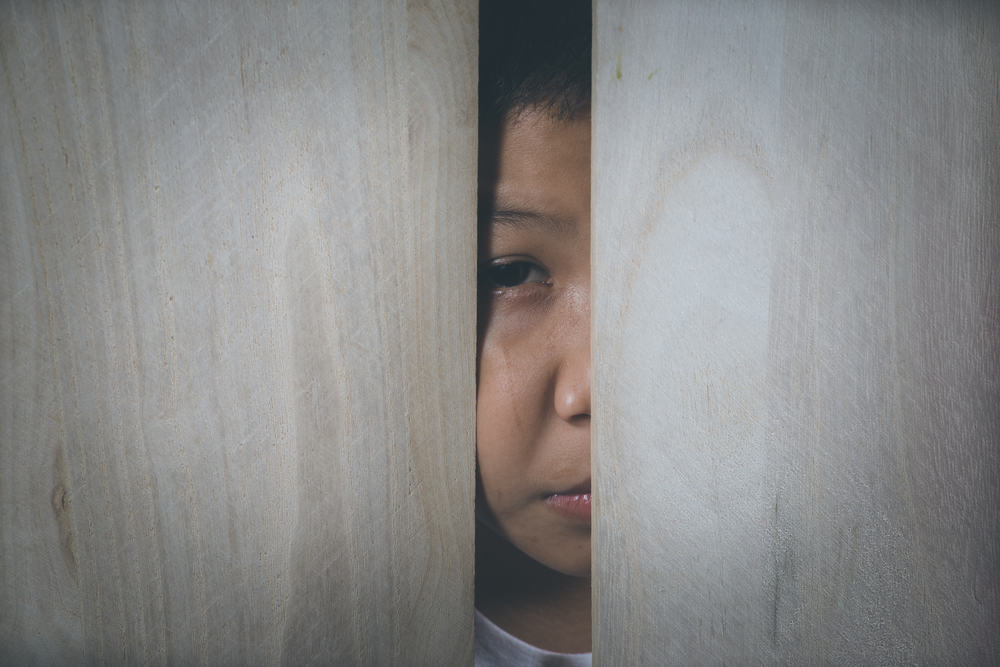Contents:
- Medical Video: How to Help an Abused Friend
- How to recognize acts of violence
- How to help friends who experience violence
- Talk to them when the perpetrator isn't there
- Believe what they say
- Help him, not criticize him
- Tell them about the foundation that can help
Medical Video: How to Help an Abused Friend
Have you ever noticed any bruises on your friend's body? Are their girlfriends or partners aggressive and rude? Even though you may not want to believe it, there is a possibility that your friend is experiencing violence. Your first reaction might be to ignore it but as a friend you must know the signs and protect your friends from the possibility of danger in the future.
How to recognize acts of violence
When someone wants to control and control someone by intimidating and intimidating, they will behave rudely or aggressively at home. This behavior is called domestic violence. Other terms for domestic violence include intimate violence, beatings, or family violence, which involves physical violence, sexual violence, psychological violence, and emotional abuse.
You may not be sure if what your friends are experiencing is "violence." In most cases, they can be afraid of people who torture them or are always worried if they cannot please them. They stop meeting friends or family, or talk briefly on the phone when the perpetrator is in the room. They are often criticized or humiliated by the perpetrator in front of other people. They also associate the behavior of the offender as "jealous," "bad temper" or "possessive." If your friends are victims of domestic violence, they may become anxious or depressed, lose their confidence, or become quiet, accompanied by physical injury. (bruises, broken bones, sprains, etc.)
How to help friends who experience violence
Talk to them when the perpetrator isn't there
You need to ensure that conversations with your friends are confidential and safe. Start talking when your friend is alone without being accompanied by the offender. It aims to protect your friends and yourself, and give your friends space to talk about their problems. You also have to choose a safe location to talk to them and there is enough time for your friends to talk about the problem. Victims may be willing to talk if they feel safe and trust you that you will keep this secret only for yourself. Questions like, "I'm worried about you because I can't see you often anymore," or, "You seem unhappy lately" is a good idea to start your conversation.
Believe what they say
In many cases of domestic violence, you usually recognize victims and perpetrators. You might find it difficult to imagine someone you know can be rude. But a rude person may show behavior that is very different from what the victim experienced. So, it's important for you to believe what your friends say. They tend to regard this violent behavior as something that is not too meaningful than exaggerating it. This applies especially to women. A person usually does not believe when a woman expresses acts of violence, which makes them hesitant to share with others.
Help him, not criticize him
Don't judge for what your friends say. Don't tell them what to do, but help them explore the available options. Also don't force them to leave their partner or criticize them when they choose to survive. Even though you might want them to leave their spouse, they must make the decision themselves. A study revealed that victims of violence are easily attacked when separated or immediately after leaving the perpetrator.
Tell them about the foundation that can help
You have to tell an organization that can help your friends, including services to help them avoid violence if that is what they want. In an emergency, you need to seek professional help and encourage your friends to do this for themselves.
Tell your friends if you think they might need to seek professional advice with your help. You need to convince them that you can discuss the situation with professional organizations without disclosing their names or other identification details. Notifying that they have the right to live freely from violence is strongly recommended. If they want to go to a shelter or a safe place, support them to do so and contact the police if your friend is in danger!
It is often believed that domestic violence is a personal matter, must be handled behind closed doors. In fact, contrary to that, domestic violence is a crime that affects the entire community and is not acceptable. If you know that your friend is facing a situation like that, it is very important for you to support and help them in the right way.












